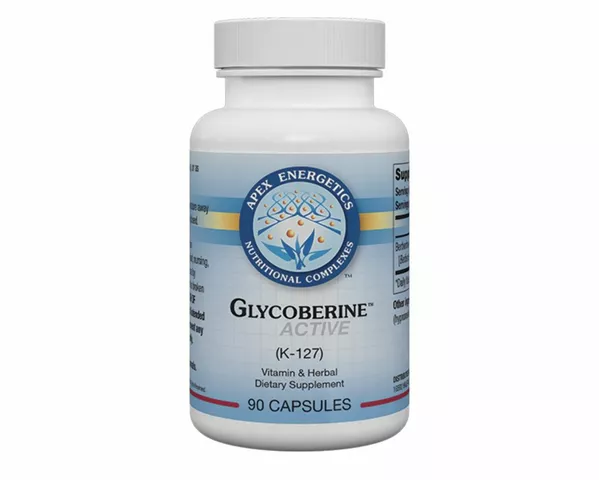Ovulation Inducing Options – How to Get Your Cycle Moving
If you’re trying to get pregnant, getting your body to release an egg is the first big hurdle. Luckily there are several ways to give ovulation a push, from simple lifestyle changes to prescription drugs. Below we break down the most common options so you can decide what fits your situation.
Lifestyle & Over‑the‑Counter Boosters
First, look at the basics: weight, stress, and sleep. Being too thin or too heavy can mess with hormone signals that tell the ovaries to release an egg. Aim for a stable, healthy weight and try to keep stressful moments under control—mindfulness, yoga, or short walks can help.
Nutrition matters too. Foods rich in complex carbs (like whole grains) and plenty of fruits and vegetables support steady blood sugar, which is key for regular cycles. Adding a daily dose of vitamin D (1,000 IU) and omega‑3 fatty acids often improves ovulation quality.
Some over‑the‑counter supplements have solid backing. Myo‑inositol (2‑4 g per day) has helped many women with PCOS get back on track. Another option is DHEA (25 mg), which can boost hormone production for women with low ovarian reserve, but you should check with a doctor first.
Prescription Medications That Trigger Ovulation
If lifestyle tweaks aren’t enough, doctors often prescribe Clomiphene citrate (Clomid). It works by blocking estrogen receptors in the brain, which forces the body to release more follicle‑stimulating hormone (FSH) and luteinizing hormone (LH). Most women start on 50 mg per day for five days early in their cycle.
Letrozole (Femara) is another popular choice, especially for PCOS. It reduces estrogen production temporarily, prompting the brain to boost FSH. Many find it causes fewer side effects than Clomiphene and can lead to higher pregnancy rates.
For tougher cases, injectable gonadotropins (FSH or hMG) directly stimulate the ovaries. These are usually given under close monitoring because they carry a higher risk of multiple pregnancies.
Metformin is sometimes added for women with insulin resistance. While not a direct ovulation trigger, it improves how the body handles sugar and can restore regular cycles when combined with other drugs.
Always have blood work and ultrasound checks while on prescription meds. Your doctor will adjust doses based on how your ovaries respond, aiming for one or two mature follicles to avoid twins or higher‑order multiples.
In short, start with the low‑risk options—steady weight, good sleep, balanced diet, and safe supplements. If those don’t work, talk to a fertility specialist about Clomiphene, Letrozole, or other prescription treatments. With the right mix of lifestyle changes and medical support, many people see their cycles regularize and achieve pregnancy.

Exploring 10 Effective Alternatives to Clomid in 2024
Explore ten viable alternatives to Clomid for inducing ovulation in 2024. This comprehensive article covers various treatments ranging from natural supplements like Black Cohosh to medical options such as Femara and Metformin. It provides detailed insights into the benefits and downsides of each method, aiding individuals and couples in making informed fertility treatment decisions.
Detail




